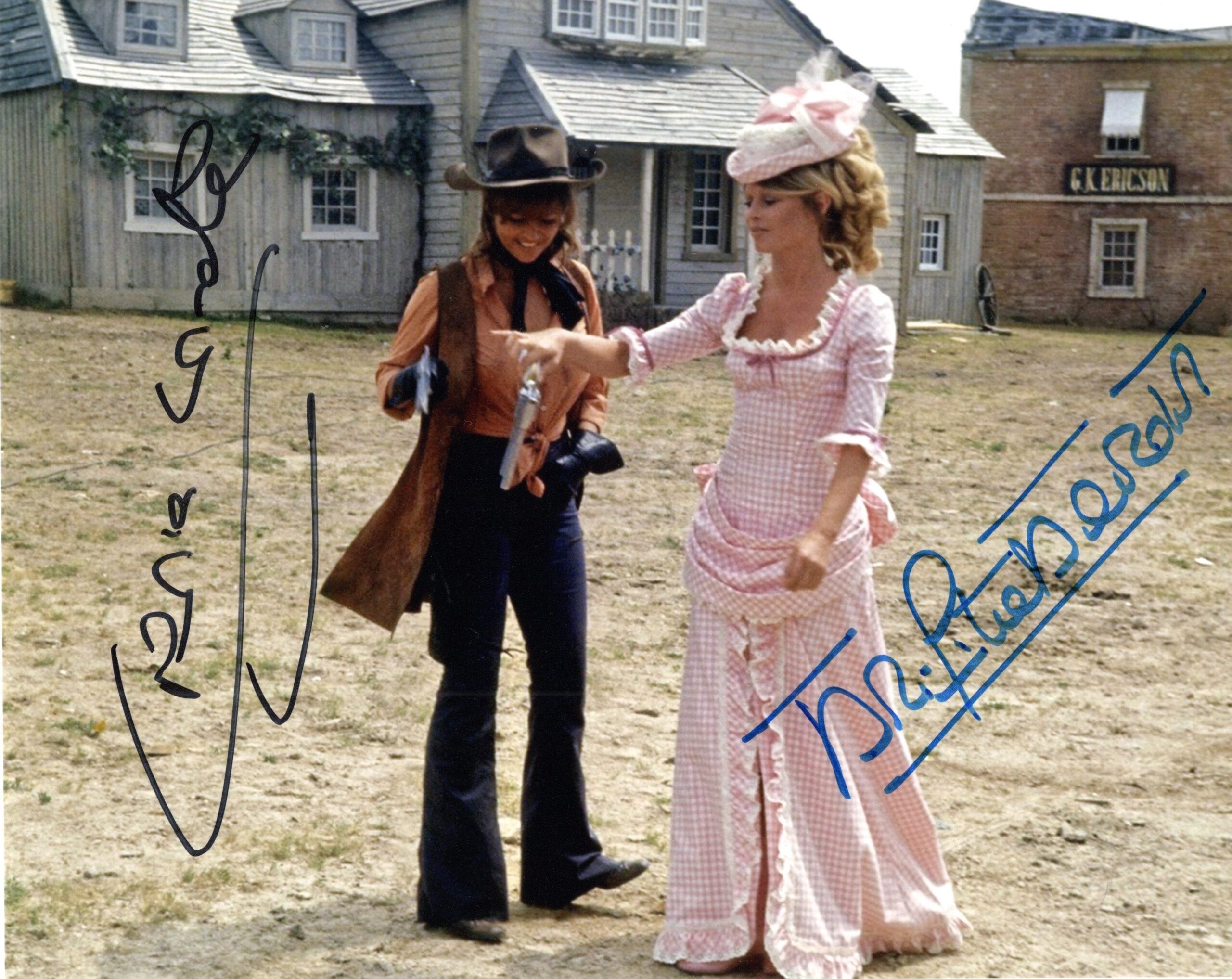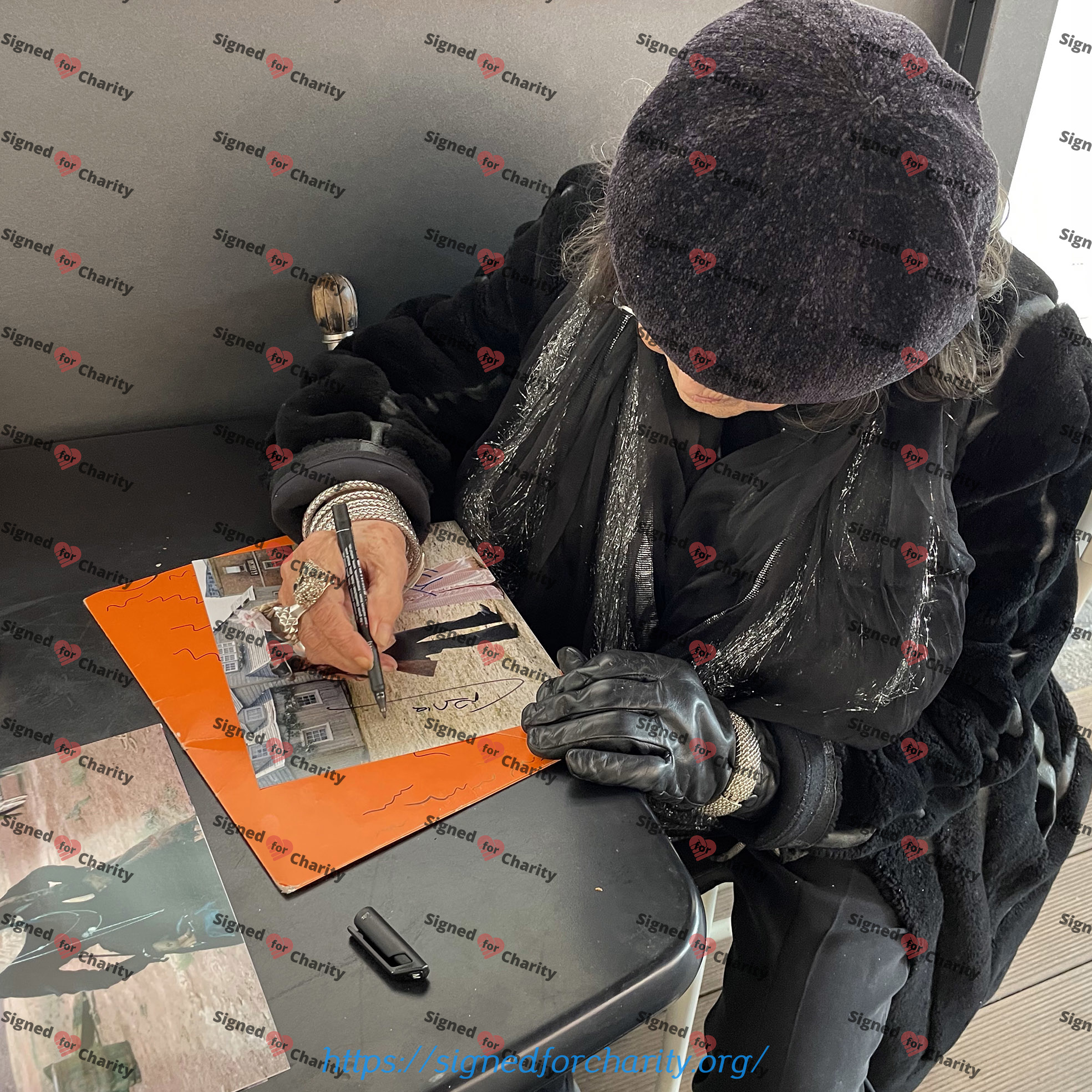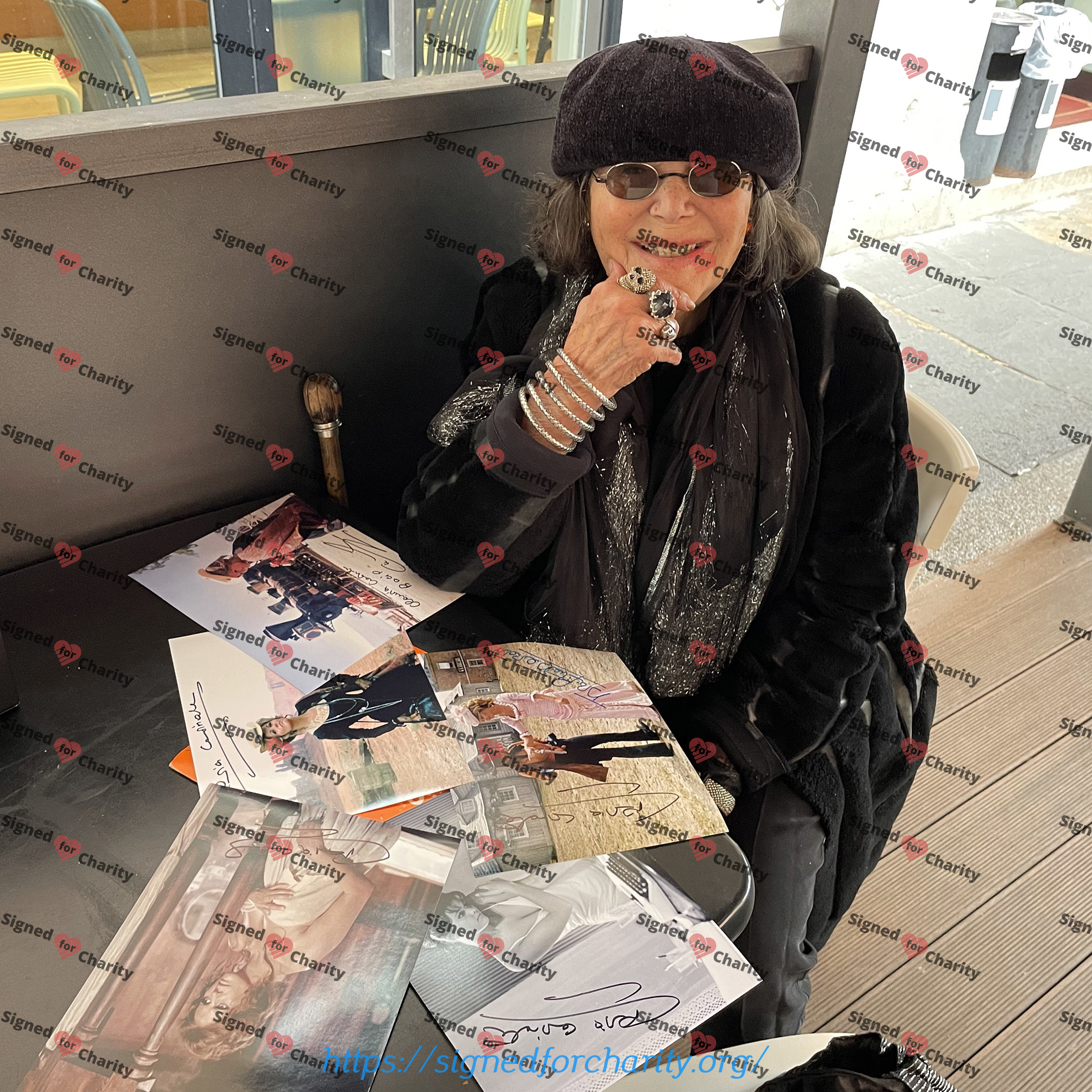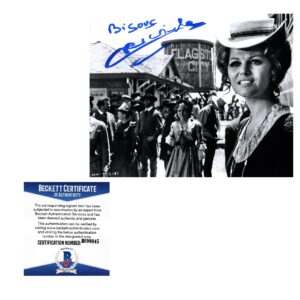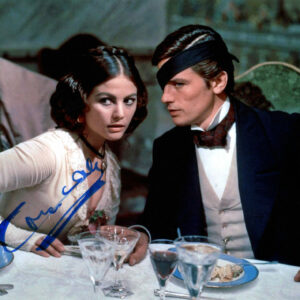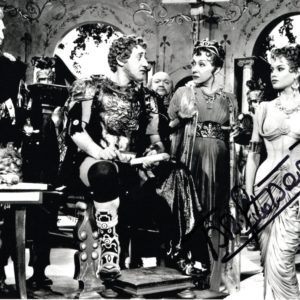Description
BRIGITTE BARDOT BIOGRAPHY :
Brigitte Anne-Marie Bardot (born 28 September 1934), often referred to by her initials B.B., is a French animal rights activist and former actress and singer. Famous for portraying sexually emancipated personae with hedonistic lifestyles, she was one of the best known sex symbols of the late 1950s and 1960s. Although she withdrew from the entertainment industry in 1973, she remains a major popular culture icon. Born and raised in Paris, Bardot was an aspiring ballerina in her early life. She started her acting career in 1952. She achieved international recognition in 1957 for her role in And God Created Woman (1956), and also caught the attention of French intellectuals. She was the subject of Simone de Beauvoir’s 1959 essay The Lolita Syndrome, which described her as a “locomotive of women’s history” and built upon existentialist themes to declare her the first and most liberated woman of post-war France. Bardot later starred in Jean-Luc Godard’s film Le Mépris (1963). For her role in Louis Malle’s film Viva Maria! (1965) she was nominated for the BAFTA Award for Best Foreign Actress. Bardot retired from the entertainment industry in 1973. She had acted in 47 films, performed in several musicals and recorded more than 60 songs. She was awarded the Legion of Honour in 1985 but refused to accept it. After retiring, she became an animal rights activist. During the 2000s, she generated controversy by criticizing immigration and Islam in France, and she has been fined five times for inciting racial hatred. She is married to Bernard d’Ormale, a former adviser to Marine Le Pen, France’s main far-right political leader.
CLAUDIA CARDINALE BIOGRAPHY:
Claude Joséphine Rose “Claudia” Cardinale (born 15 April 1938) is an Italian actress. She has starred in several acclaimed European films of the 1960s and 1970s, acting in Italian, French, and English-language films. Born and raised in La Goulette, a neighbourhood of Tunis, Cardinale won the “Most Beautiful Italian Girl in Tunisia” competition in 1957, the prize being a trip to Italy, which quickly led to film contracts, due above all to the involvement of Franco Cristaldi, who acted as her mentor for a number of years and later married her. After making her debut in a minor role with Omar Sharif in Goha (1958), Cardinale became one of the best-known actresses in Italy with roles in films such as Rocco and His Brothers (1960), Girl with a Suitcase (1961), Cartouche (1962), The Leopard (1963), and Fellini’s 8½ (1963). From 1963, Cardinale became known in the United States and Britain following her role in The Pink Panther opposite David Niven. For several years, she appeared in Hollywood films such as Blindfold (1965), Lost Command (1966), The Professionals (1966), Don’t Make Waves (1967) with Tony Curtis, The Hell with Heroes (1968), and the Sergio Leone epic Western Once Upon a Time in the West (1968), a joint US-Italian production, in which she was praised for her role as a former prostitute opposite Jason Robards, Charles Bronson, and Henry Fonda. Jaded with the Hollywood film industry and not wanting to become a cliché, Cardinale returned to Italian and French cinema, and garnered the David di Donatello for Best Actress award for her roles in Il giorno della civetta (1968) and as a prostitute alongside Alberto Sordi in A Girl in Australia (1971). In 1974, Cardinale met director Pasquale Squitieri, who would become her partner, and she frequently featured in his films, including I guappi (1974), Corleone (1978) and Claretta (1984), the last of which won her the Nastro d’Argento Award for Best Actress. In 1982, she starred in Werner Herzog’s Fitzcarraldo as the love interest of Klaus Kinski, who raises the funds to buy a steamship in Peru. In 2010, Cardinale received the Best Actress Award at the 47th Antalya “Golden Orange” International Film Festival for her performance as an elderly Italian woman who takes in a young Turkish exchange student in Signora Enrica. Outspoken on women’s rights causes over the years, Cardinale has been a UNESCO goodwill ambassador for the Defense of Women’s Rights since March 2000. In February 2011, the Los Angeles Times Magazine named Cardinale among the 50 most beautiful women in film history.

